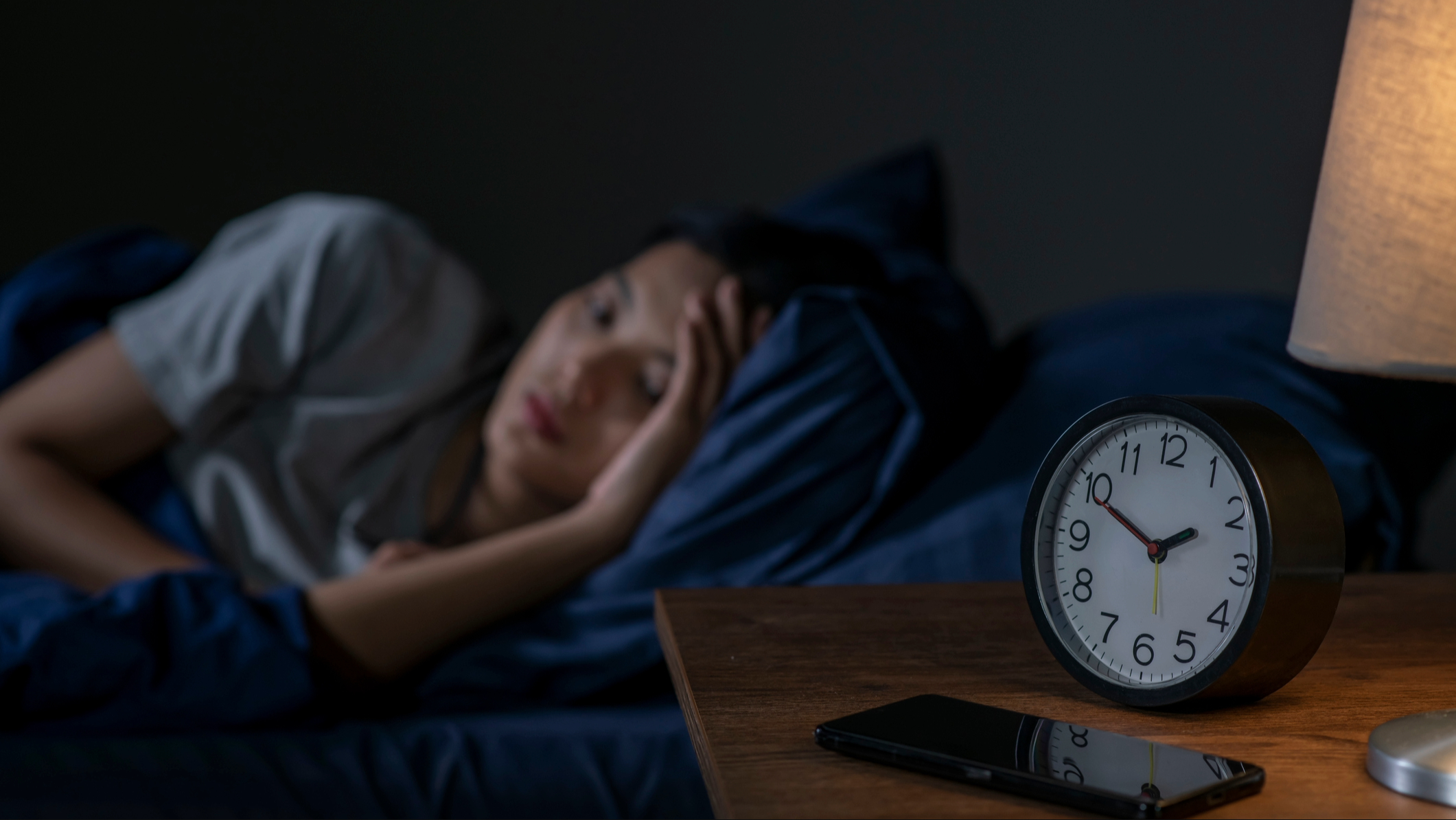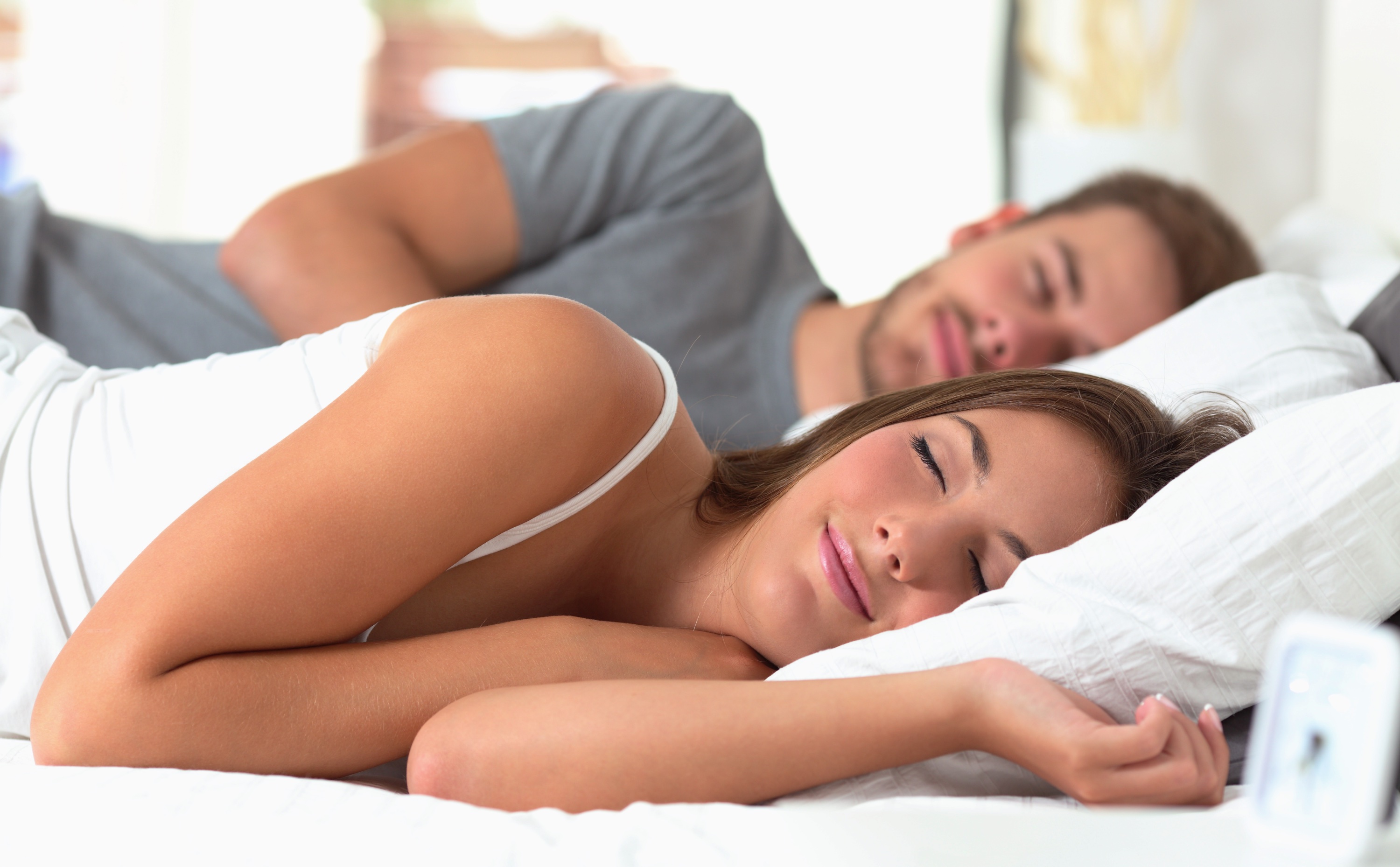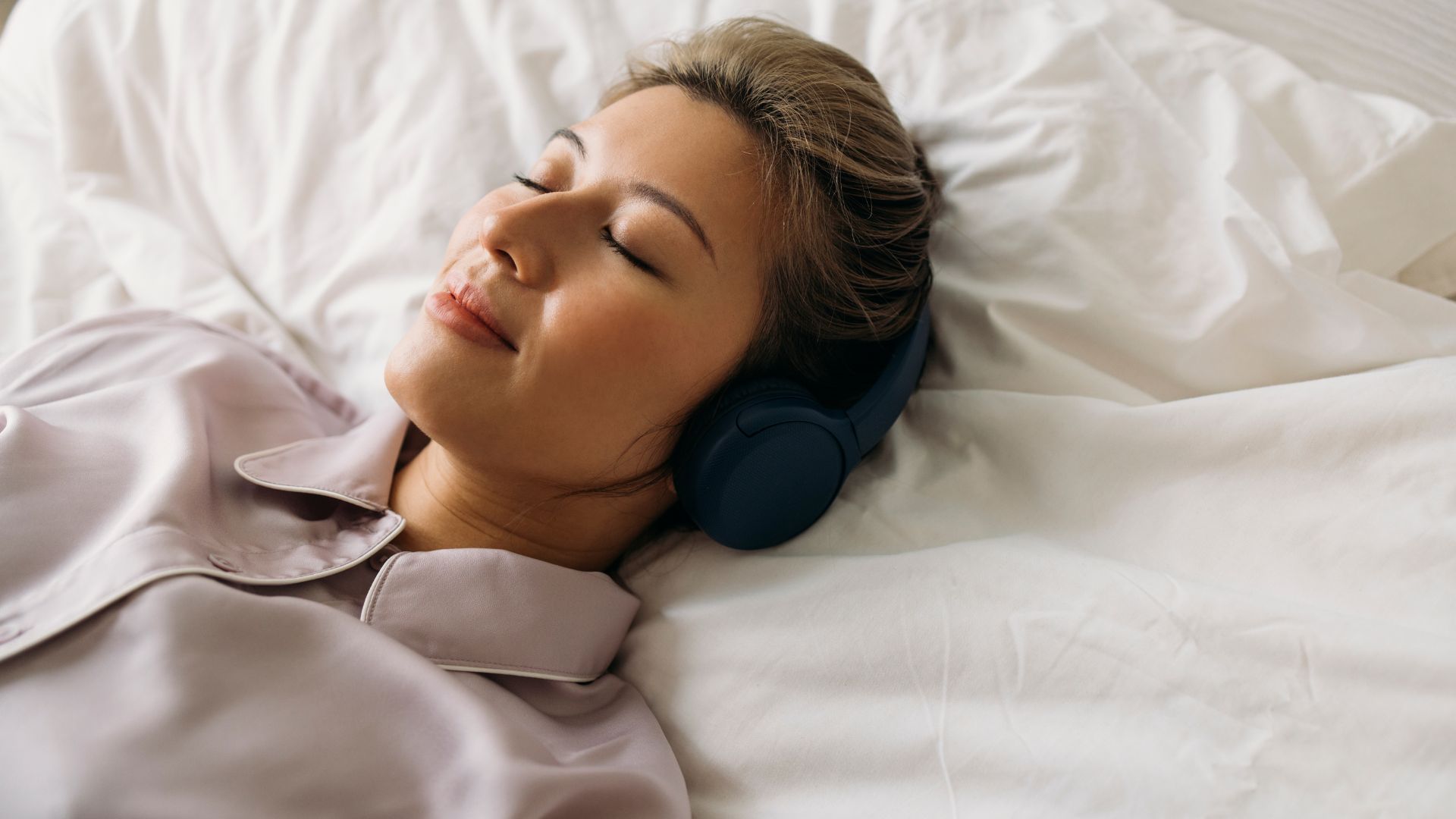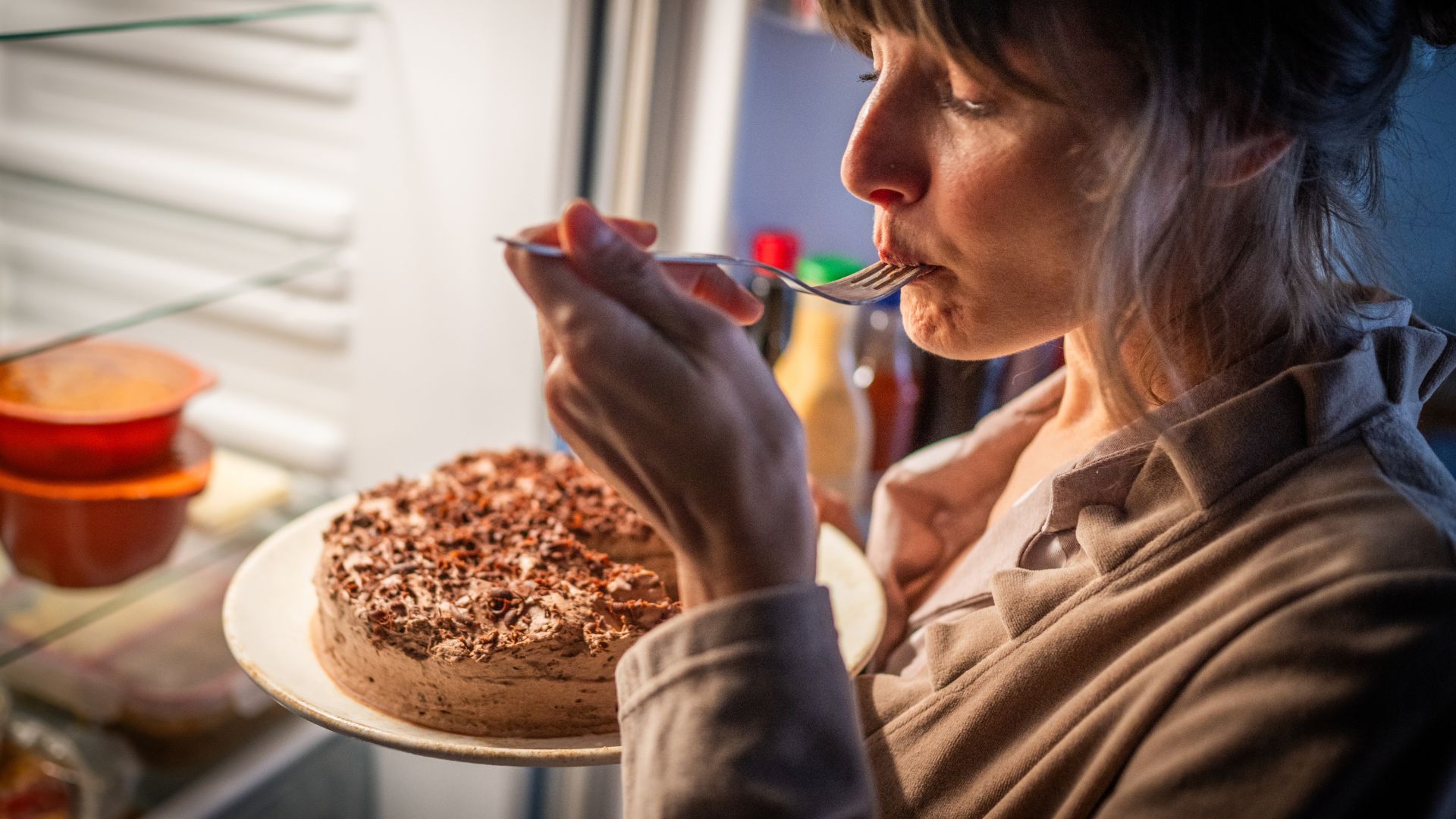
From night owls to early birds, the age old question remains — is there a best time to go to bed? Some people swear that working into the small hours suits them best, while others are determined that a bedtime before 12 am gives them better sleep. But is there really a right and wrong time to go to bed?
The answer often comes down to our own internal clocks, also known as our circadian rhythm. This is our own natural cycle that determines when we feel sleepy or awake. However, every individual’s rhythm is different, meaning our bedtimes differ too.
Here, we'll take a closer look at whether the time we go to bed affects the quality of our sleep, plus find out if there is a best time to go to bed. We'll also touch upon other factors that could be impact your quality of sleep - such as the quality of your mattress.. If you are shopping for a new mattress to improve your sleep, our best mattress guide includes top-recommendations for all sleep styles and budgets. But first, let's find out if there really if there really is a best time to go to bed.
Does bedtime affect sleep quality?
There are plenty of factors that can affect the quality of our sleep, such as the food and drink we consume, and what environment we’re sleeping in. But can the time you go to bed impact your sleep quality?
Dr. Catherine Darley, a Naturopathic Sleep Expert and founder of Skilled Sleeper, suggests that the time spent in each sleep cycle can change depending on our bedtimes.

“The body prioritizes deep sleep when we first fall asleep," says Dr. Darley. "We sleep most soundly then. REM sleep, however, is more closely tied to our lowest body temperature, which happens about 3 hours before we naturally wake. So going to bed later than ideal can change the amount of time in each sleep stage, and our sense of how refreshing our sleep is.”
So, while the time you choose to go to bed may not affect your quality of sleep if you’re still getting enough hours rest, going to bed later and waking up early can make your quality of sleep suffer.
How important is bedtime for sleep quality?
There are some things that most of us know to avoid for quality sleep, like drinking alcohol or eating sugary snacks. But the time we actually head to bed is not often everyone’s priority, despite it being an important influence on the quality of sleep.
“Bedtime is crucial for sleep quality because it helps regulate your circadian rhythm, the body's internal clock that dictates sleep-wake patterns," says Dr. Chelsea Perry, a member of the American Academy of Sleep Medicine.
“Consistently going to bed at the same time reinforces this rhythm, leading to deeper, more restorative sleep, while irregular bedtimes can disrupt it, resulting in poorer sleep quality," says Dr Perry.
Dr Darley agrees, adding that our “bed and wake times shouldn’t vary by more than 30 minutes across the week.” While this may seem like a difficult task - especially when the prospect of a leisurely weekend lie-in is so alluring - the closer you can get to a similar bedtime each night, the better.

What is the ‘best’ bedtime?
So, routine and consistency are clearly essential for high quality sleep. But surely there’s a specific bedtime that can help us achieve a deeper, more restful sleep? That all comes down to the individual.
To find the best bedtime for you, Dr Darley suggests asking yourself a few questions, like 'What time do I naturally feel sleepy, especially when I’m not on screens for the two hours before bed?' and 'When do I naturally wake up on my own, without an alarm clock?'
“Since there are different chronotypes (early bird, night owl) there isn't a 'best' bedtime for everyone,” explains Dr Perry. However, the majority of people will naturally feel sleepy during the late evening, so she suggests going to bed between 10 p.m. and midnight.
Other factors that affect sleep quality

While your bedtime clearly has an impact on your sleep, there are other factors you should consider so you can get the best quality rest possible:
- The right mattress: Depending on your sleeping position, health, and preferences, the right mattress can revolutionize the way you sleep. Choosing the right mattress for your sleeping position is essential, so you can sleep comfortably and avoid tossing and turning.
- Avoiding stimulants too close to bed time: Research shows that food and drink choices can impact your sleep. For example, eating too much before bedtime, opting for caffeinated drinks, and eating high-sugar food, like chocolate, can all harm your sleep quality. So, it’s important to consider what meals and snacks you eat in the evening to ensure you’re not sacrificing a restful night.
- A consistent bed time routine: A consistent nighttime routine can be the key to a satisfying sleep. As well as your bedtime, try to keep your activities before bed consistent so your body recognized that it’s time to sleep. But remember, some routines, like going on your phone before sleeping, can be harmful to the quality of your sleep.







